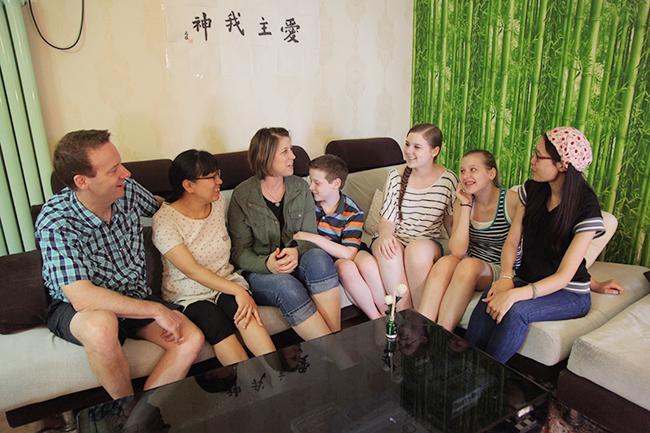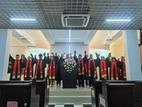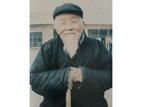Each week my in-laws host a gathering of friends from their village for a Bible study. It’s not a house church, but it is what here is called a “House fellowship”
It is usually in the afternoon or evening since that’s when they are all available. It’s interesting because the format changes from week to week. The first time I was there for it, my father-in-law gave a fairly long sermon and that was basically it. It was the first time I had ever heard him teaching on the Bible, and even though I couldn’t understand his words, the passion with which he spoke was readily evident.
Another time the fellowship got together for singing. They brought all of their music, mostly handwritten on printer paper and either stapled or bound with string at the top. One or another of them would suggest a song and if they didn’t know it by heart they would flip through their pages until they found it. They mostly sang acappella, but sometimes my mother-in-law accompanied them on her keyboard.
Other times they get together and pray. They pray for the church, for family, for personal matters. They pray for areas that have experienced disasters. Sometimes they take turns praying, and sometimes they pray all together, each praying for whatever is on their heart.
The fourth thing they will do when they get together is read the Bible. They take turns reading chapter by chapter or verse by verse. Other groups will nominate a single member. That member will then read a single verse, followed by the entire groups reading the next verse, going back and forth. It isn’t Bible study, just reading, because they don’t have a pastor who can teach on the reading.
These fellowships fill something between a house church and what westerners usually mean by a Bible Study. For Chinese Christians like my in-laws, the house fellowship doesn’t replace going to Sunday services, but they are not just gathering for Bible study either. It is truly about fellowship. Most of the members are local, living in the same village and able to walk to my in-laws house. These gatherings offer them the time to get together to visit and talk about both the religious and non-religious issues they are facing, an opportunity that the regular Sunday church services don’t provide. In other words, fellowships like this one are less about teaching and doctrine than they are about connection.
ABOUT AUTHOR: Zach Hubl is an English teacher in the northeast of China. He grew up in Texas, and worked part time with a local church outreach ministry while he was studying history in college. He now lives in Anshan with his wife, Grace, and their two cats.










